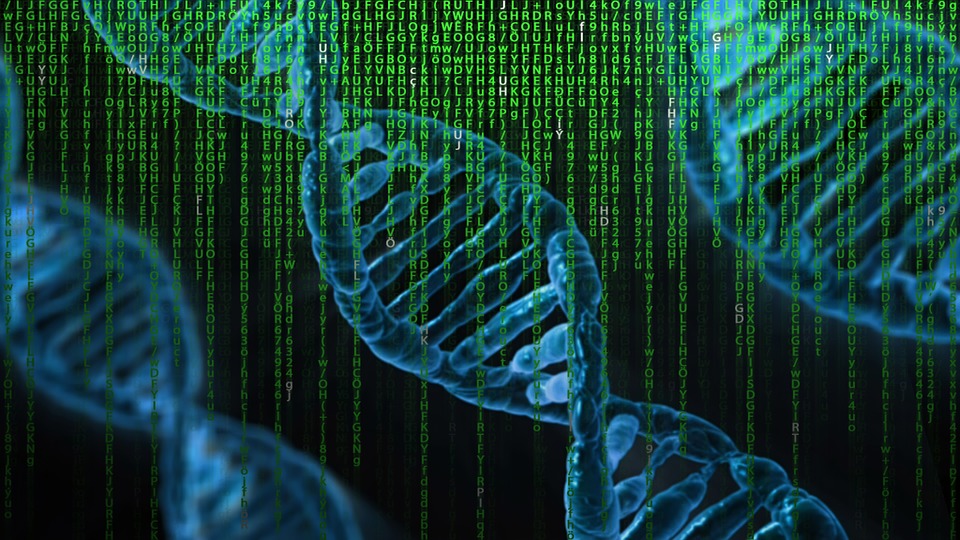Heritable Human Genome Editing? It May Never Be Safe
By Katie Hasson,
Impact Ethics
| 12. 04. 2020
The “CRISPR babies” announced in headlines around the world recently turned two years old, and we still know nothing about their health or wellbeing. Debates continue about whether the societal risks of heritable genome editing are too great to proceed, as do calls for broadly inclusive public participation in such deliberations. In the meantime, we’ve been learning a lot about what can go wrong when using CRISPR to edit human embryos.
In October, the journal Cell published an article describing significant damage to human embryos edited with CRISPR. The experiments conducted in Dieter Egli’s lab at Columbia University found unintended rearrangements or deletions of large stretches of DNA at and around the targeted site. In some cases, the deletions were so large that an entire chromosome was lost. As one headline plainly put it: “In Embryos, Crispr Can Cut Out Whole Chromosomes—That’s Bad”.
The Cell article is the published version of a pre-print paper that, along with two others from Kathy Niakan’s and Shoukrat Mitalipov’s labs, received significant attention in June. At that time, Heidi Ledford...
Related Articles
By Scott Solomon, The MIT Press Reader | 02.12.2026
Chris Mason is a man in a hurry.
“Sometimes walking from the subway to the lab takes too long, so I’ll start running,” he told me over breakfast at a bistro near his home in Brooklyn on a crisp...
By Diaa Hadid and Shweta Desai, NPR | 01.29.2026
MUMBRA, India — The afternoon sun shines on the woman in a commuter-town café, highlighting her almond-shaped eyes and pale skin, a look often sought after by couples who need an egg to have a baby.
"I have good eggs,"...
By George Janes, BioNews | 01.12.2026
A heart attack patient has become the first person to be treated in a clinical trial of an experimental gene therapy, which aims to strengthen blood vessels after coronary bypass surgery.
Coronary artery bypass surgery is performed to treat...
By Staff, ScienceDaily | 01.05.2026
Scientists at UNSW Sydney have developed a new form of CRISPR technology that could make gene therapy safer while also resolving a decades-long debate about how genes are switched off. The research shows that small chemical markers attached to DNA
...




